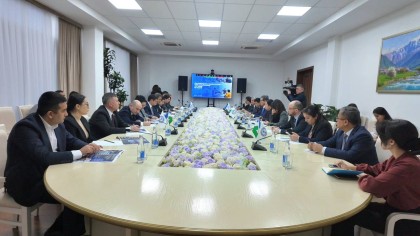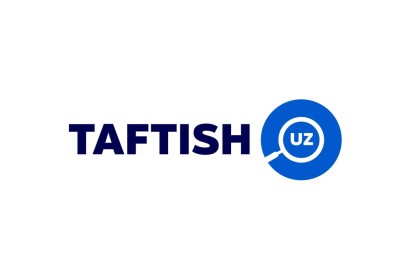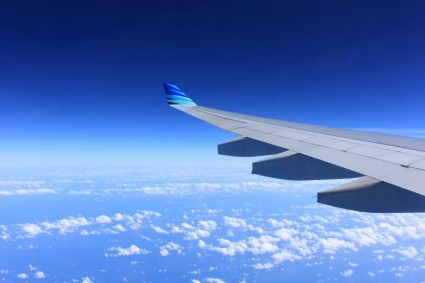The Cabinet of Ministers issued a Measures to further improve the procedure for moving certain types of goods across the customs border Resolution Saturday.
The Resolution has lowered the duty-free limits for goods to be carried into by individuals into the country. From May 1, the limits will be, upon entry into the country:
- by plane - $1,000 (the current limit is $2,000);
- by rail and river transport - $500 (instead of $1,000);
- through automobile and pedestrian checkpoints - $300.
In addition, for goods arriving to an individual via international shipments, the value limit has been reduced from $1,000 per quarter to $200 per month.
For goods sent by mail, the limit remains at $100.
Also, the minimum time of stay outside the country to use the duty-free limit will be introduced from July 20. In particular, individuals entering on foot or by car must stay abroad for at least two days, and those arriving by plane - for at least three days. Such goods are deemed to be in excess of the limit, and a single customs duty of 30% is levied on their full value.
The maximum carry-out limit for goods by an individual without declaring remains at $5,000, with the exception of goods subject to export duties.
However, if goods within this limit are intended for commercial purposes, they are subject to registration by customs authorities for statistical purposes on the basis of accompanying documents and are included in the total volume of exports of the country.
Individuals are allowed to carry out from Uzbekistan measured ingots and coins made of precious metals produced in the country without restrictions, subject to certificates. However, if their value is above the limit of $5,000, it is necessary to fill out a passenger customs declaration.
The Interior Ministry and the National Guard, together with the Customs Committee, have been instructed to establish cooperation to prevent cases of individuals failing to comply with the legal demands of officials of authorized bodies, organized resistance, and public order violations at border customs posts.
The Ministry of Health, together with the Customs Committee, will develop measures to prevent the import of used goods by the population that pose a danger to human health.
The Customs Committee has been instructed to develop a system for comparing import customs cargo declarations with export declarations of foreign countries to identify goods with a high risk of understating the customs value.
A draft government resolution is planned to be developed within three months, defining the procedure for simplified customs control and clearance of international postal and courier shipments based on electronic data.
Previously, a 2% BCU customs fee (7,500 soums) per 1 kg was introduced for international courier shipments. It applies to the delivery of goods from all foreign marketplaces and to sending parcels between individuals.
A quantity limit on duty-free import of a number of goods, including refrigerators, air conditioners, washing machines, vacuum cleaners and other household appliances, as well as computer equipment (one unit per month) was introduced in July 2018. Already in October of that year, this period was increased to six months. When importing all these goods in excess of the established norm and/or frequency, customs duties are charged.
Since February of the same year, a limit has been in effect on the total value imported through road (pedestrian) checkpoints - 300 US dollars (through railway and river checkpoints - 1000 dollars, international airports - 2000 dollars).













